
Biden Has 40 Days to Save the 40 Federal Death Row Prisoners
Multiple groups have now urged President Biden to spare the people on federal death row before Trump returns to power.

Multiple groups have now urged President Biden to spare the people on federal death row before Trump returns to power.

A group of congress members says Joe Biden should pardon people or commute sentences before his term ends.

State legislators subpoenaed Robert Roberson one day before the state was set to kill him—an act that delayed the execution. Lawmakers are fighting to let Roberson testify before the state House despite objections from the attorney general and governor.

Despite pleas from state lawmakers, Texas will execute Roberson on Oct. 17 unless Governor Greg Abbott grants a reprieve in his case.
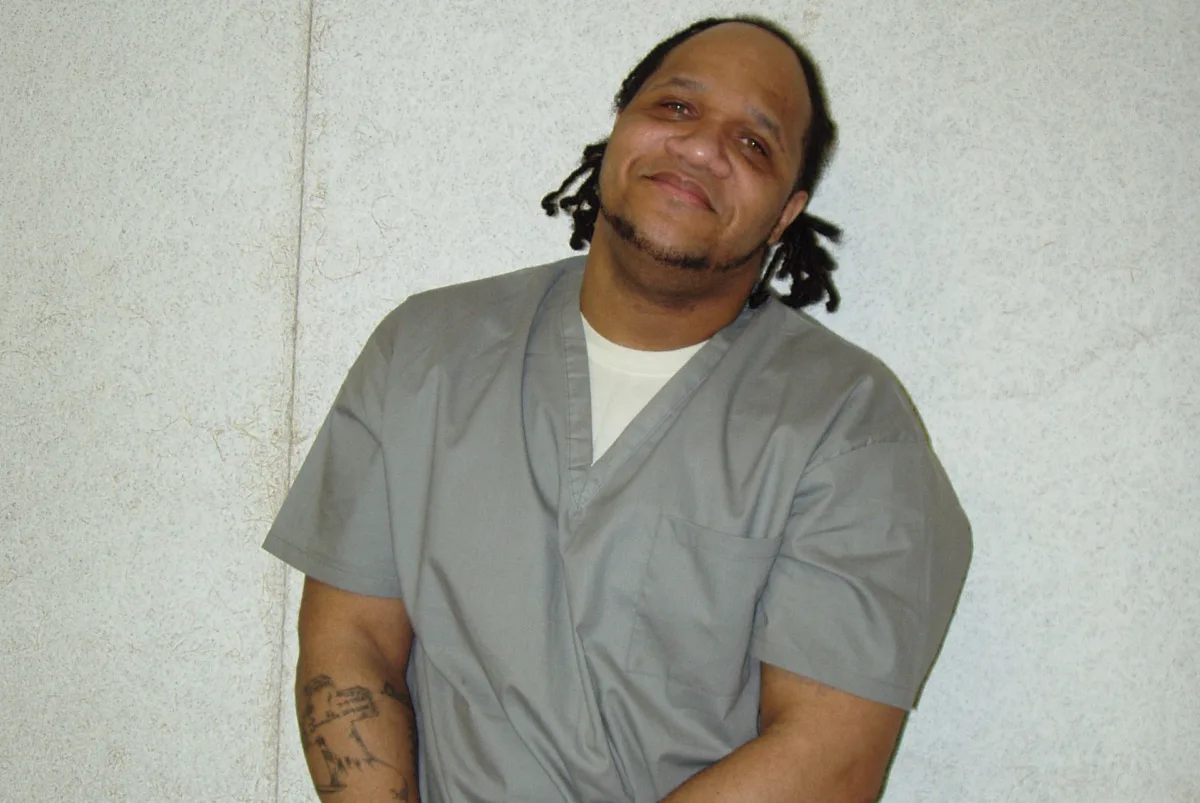
In the early ‘90s, Oklahoma prosecutors claimed Littlejohn and another man had killed someone, even though the victim was shot with a single bullet. A state board has recommended the governor spare Littlejohn’s life.

Texas is set to execute Robert Roberson on Oct. 17 for allegedly shaking his baby to death. But numerous experts now agree the theory used to convict Roberson isn’t real—including the detective who helped arrest him.

The Appeal studied cases in which queer defendants faced the death penalty. Anti-LGBTQ+ bias impacted more than half of them.

Six people on North Carolina’s death row have been found innocent since I’ve been here.

A review of a decades-old case resurfaces questions of judicial bias in Arizona, and is relevant to the state’s current judicial appointees.

Death row prisoners rarely get last meals, writes Lyle May, who is on death row in North Carolina. But on the night of an execution, the prison staff break room is full of cookies and cake.

Alabama plans to execute Kenneth Smith next month by suffocating him with nitrogen. But the new method is untested—since I’m supposed to be in the room with Kenny when he dies, the state has warned me I might die too.
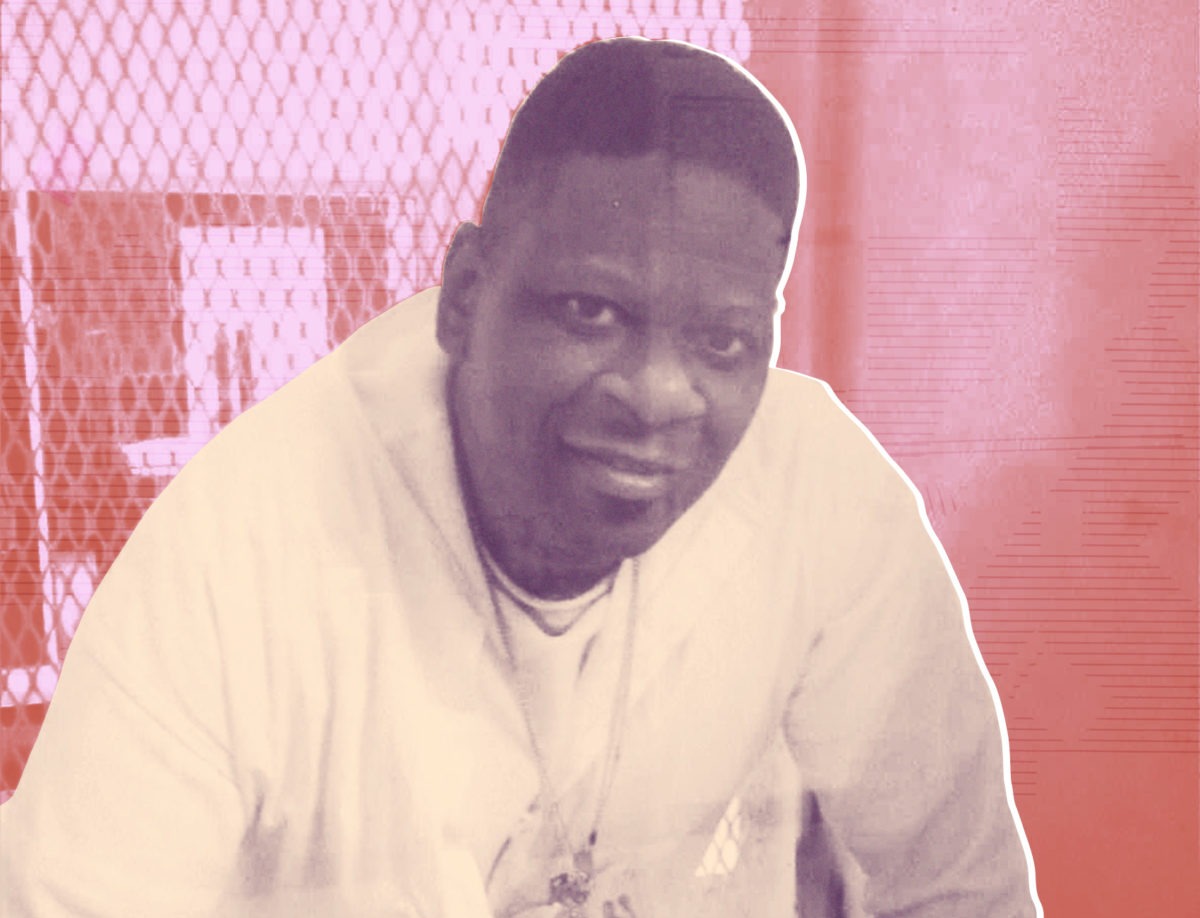
The U.S. Supreme Court will soon be hearing a case that will impact whether Texas executes Rodney Reed for capital murder— though another man has confessed to the crime.

Georgia is the strictest state in America when it comes to proving intellectual disability in capital cases. This month, the Supreme Court could save the life of a man who says he is mentally disabled—or let the state kill him.

Steven Wolfson, the Clark County DA, says the death penalty is reserved for ‘very rare’ circumstances, but advocates and public defenders say his actions show otherwise.

Prosecutors who have championed criminal justice reforms are still seeking death sentences, opposing appeals, and, in some cases, have even petitioned for execution dates.

Philadelphia’s top prosecutor has made good on promises to reduce incarceration in the city. His re-election bid will be a litmus test for the progressive prosecutor movement he helped start.
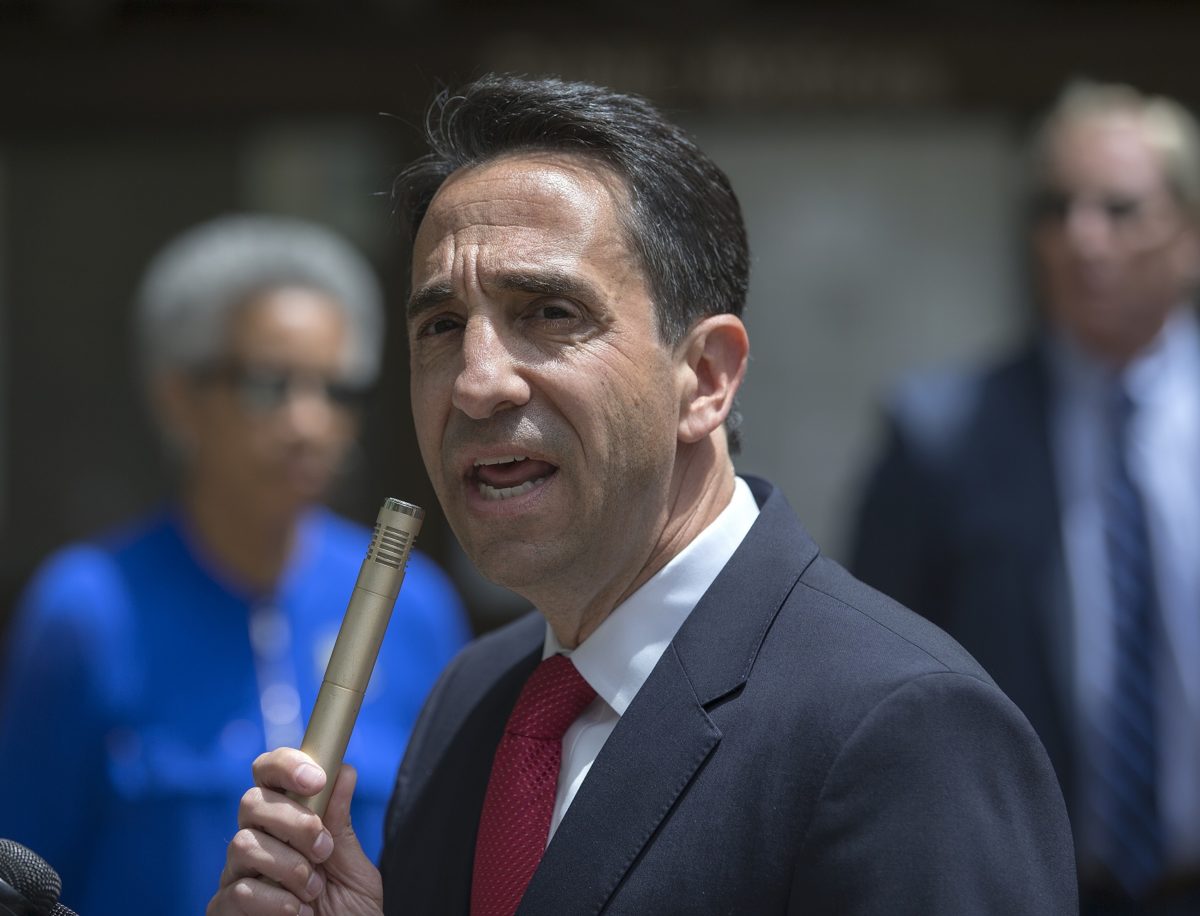
The Santa Clara County district attorney’s name has been floated for the role of the state’s top prosecutor despite his use of the death penalty against people of color.

State Attorney Melissa Nelson is pushing for a death sentence even as more prosecutors reject capital punishment.
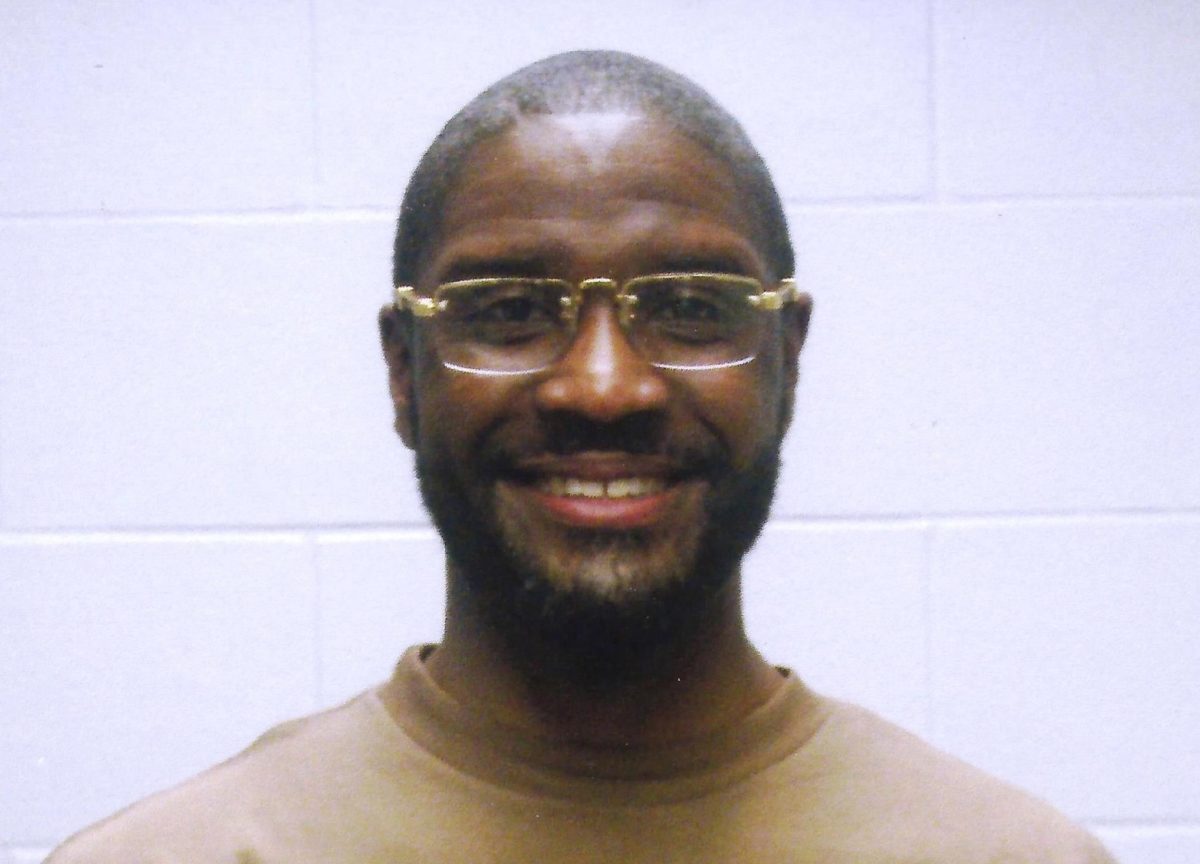
A reasonable society does not meet trauma with more trauma in the name of justice.

DA Jackie Lacey and challenger George Gascón outlined diverging visions for the top prosecutor’s office in the nation’s most populous county.

Accused of shaking a baby to death and facing the death penalty, Amy Wilkerson says she is innocent, but pleaded guilty to spare her life.
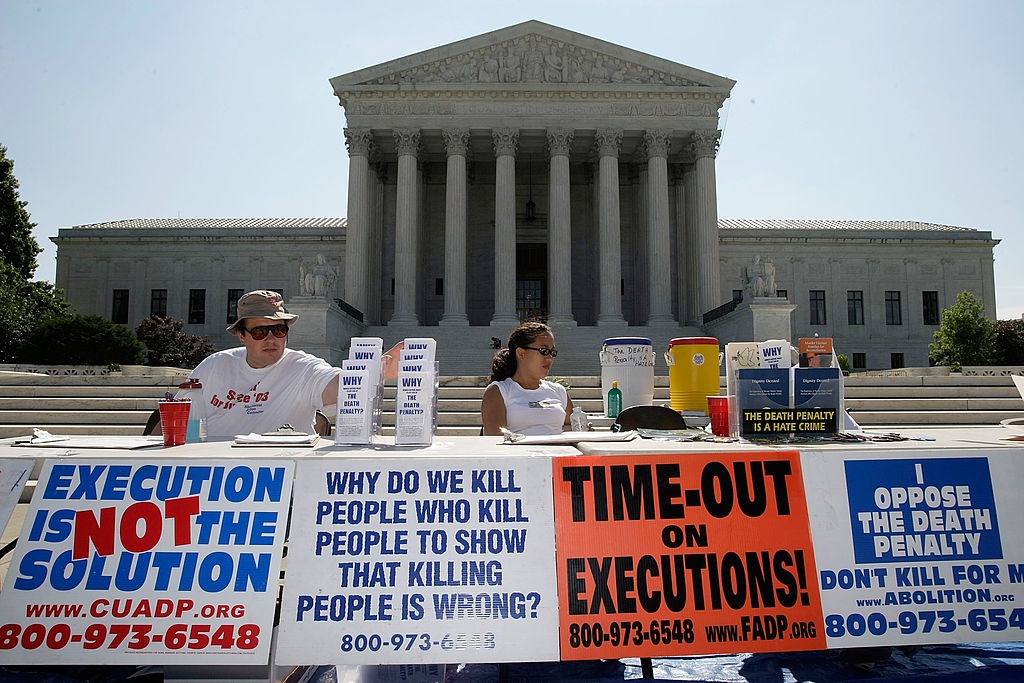
Attorney General Bill Barr has scheduled executions for four people on federal death row in July and August. That’s more federal executions in one month than in the entire modern history of the federal death penalty.
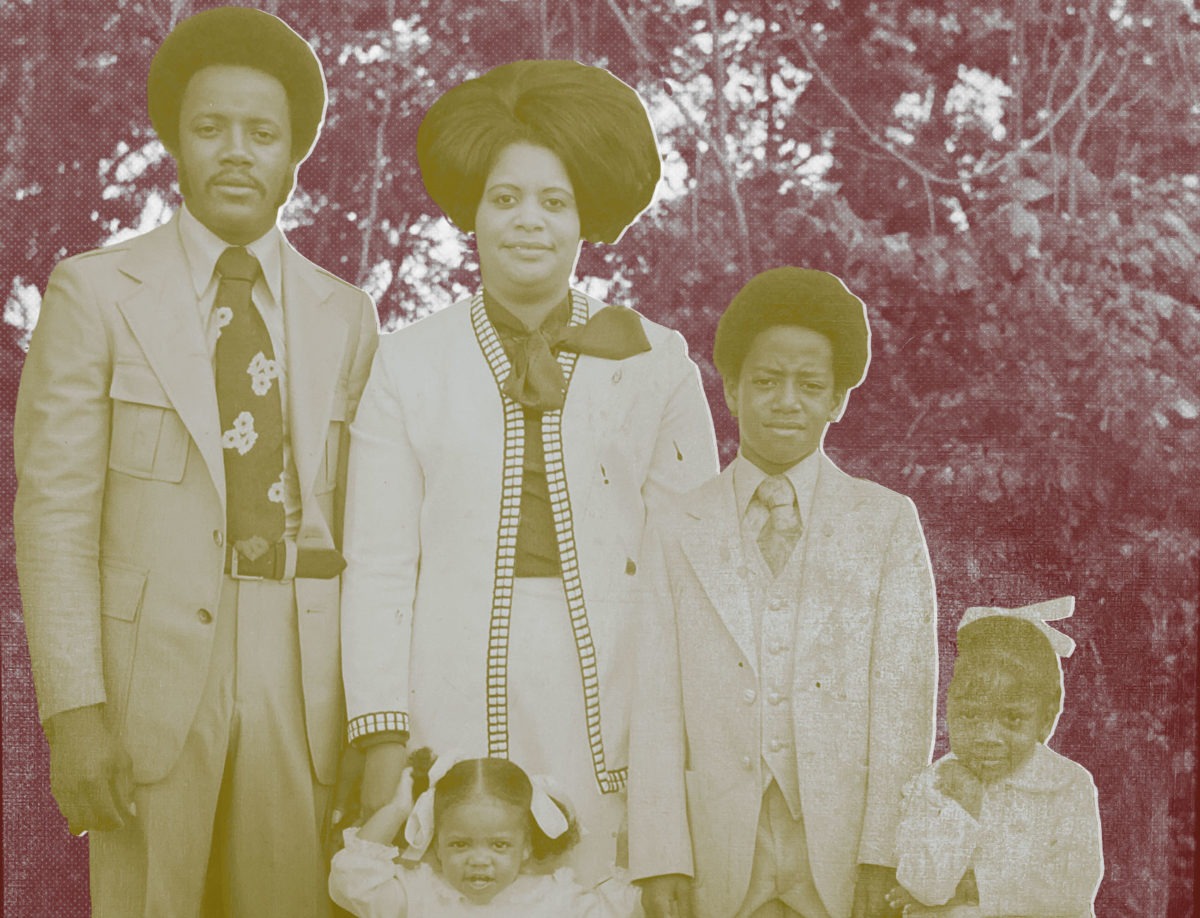
Attorneys say the prosecution’s theory of the murder case was ‘concocted out of whole cloth’ and based on ‘outdated racial stereotyping.’
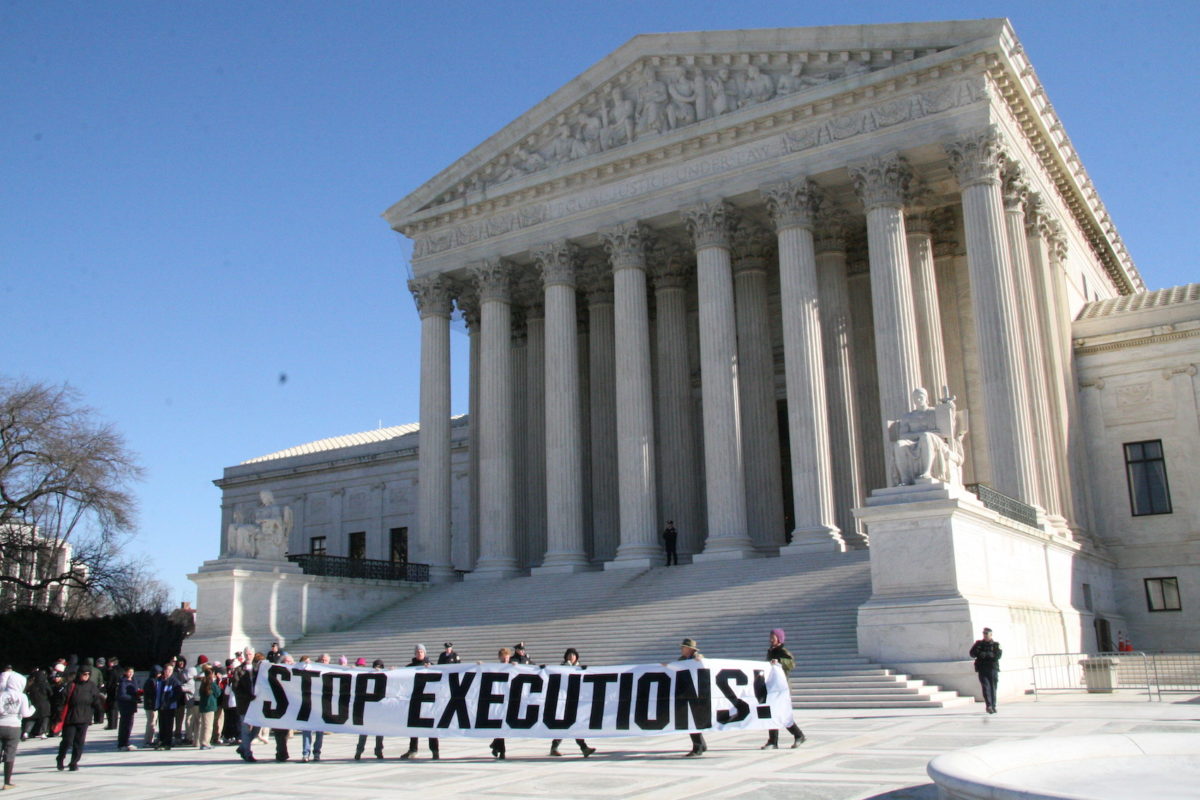
Josie Duffy Rice and guest co-host Darnell Moore focus on the death penalty as they talk with State Attorney Aramis Ayala of the Ninth Judicial Circuit Court of Florida.

Across the country, the death penalty is in steep decline. But in September, the state’s attorney general sought execution dates for nine men, and its Supreme Court set dates for two of them.

With Jordan Smith and Liliana Segura of The Intercept.

Three Supreme Court justices and others said competent counsel could have saved his life.

It’s the first time since 2014 that someone on Georgia’s death row has been granted clemency.

William Barr says the government owes it to the victims and their families to resume federal executions. In doing so, he’s ignoring important facts about the death penalty—and the actual wishes of victims’ families.

On Nov. 1, the FBI released a trove of previously undisclosed documents related to a decades-old investigation of police misconduct. In the 1990s, the agency investigated allegations of torture at the hands of Chicago police at the department’s Area 2 headquarters, where heinous acts of violence and psychological abuse were perpetrated against over 100 Black men and women under the supervision of then-commander Jon Burge.
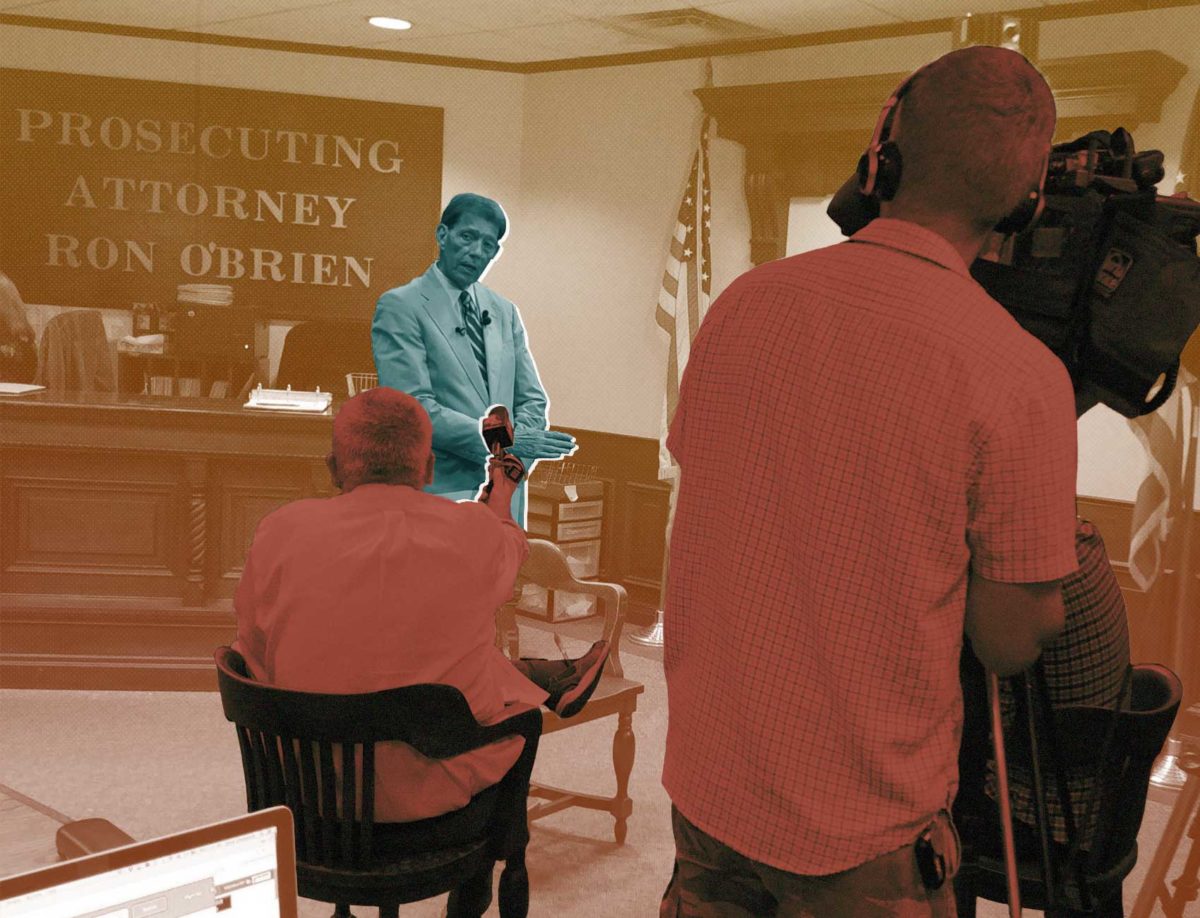
In Franklin County, experts say Ron O’Brien’s capital cases—which can cost hundreds of thousands of dollars— amount to ‘just taxpayer money being lit on fire.’

Racial disparities in incarceration rates are dropping but still remain high. Racial disparities in sentence lengths are growing.

In these last two months of 2019, one man has been executed and two others are facing execution despite claims that they can show they don’t belong on death row.

Spotlights like this one provide original commentary and analysis on pressing criminal justice issues of the day. You can read them each day in our newsletter, The Daily Appeal. Rodney Reed was scheduled to be executed tomorrow. He won’t be, at least not tomorrow. He was convicted and sentenced to die in 1998 for the rape […]

The Appeal spoke with the lawmaker about her “entirely new blueprint for a just society.”

With Appeal staff reporter Lauren Gill

Under the proposal, localities would be incentivized to significantly decrease prison populations.

On a host of issues—including police shootings, bail reform, marijuana legalization, and the death penalty—critics say Lacey, once seen as a reformer, has sought to preserve the status quo.

Oklahoma, Mississippi, and Alabama have all authorized the practice in capital punishment. So what happens now?

His legal team had pushed for clemency, arguing that Bucklew’s previous attorneys mishandled his capital murder case.